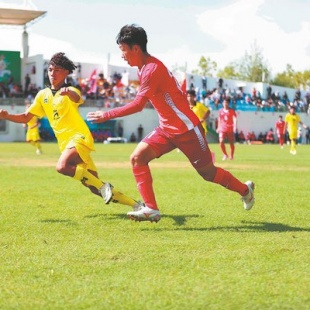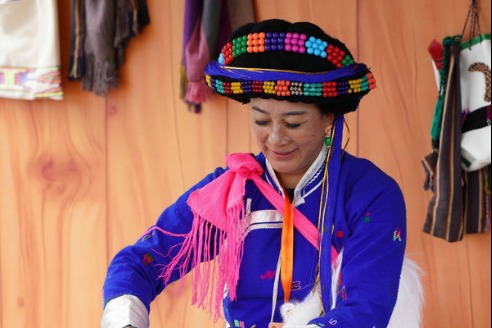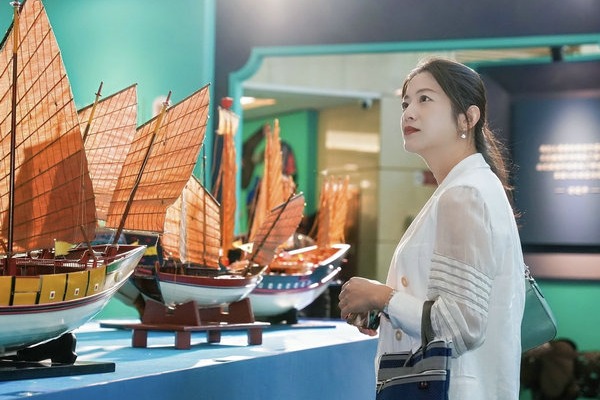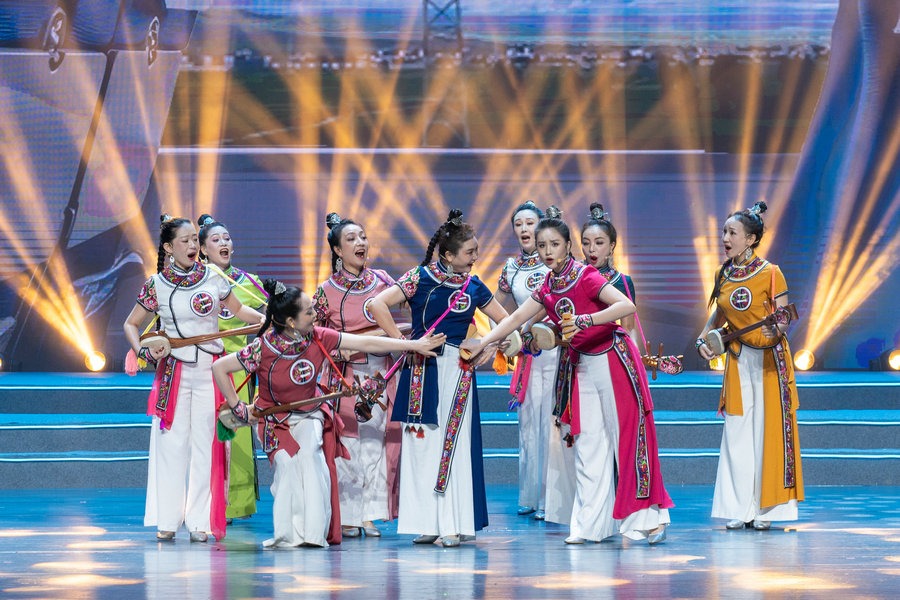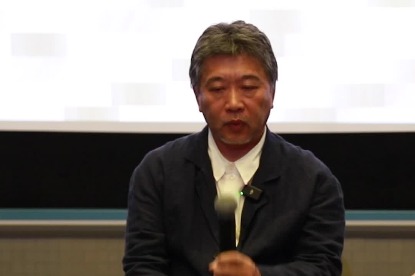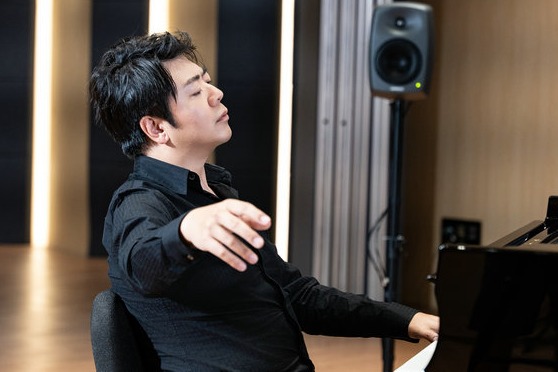Century-old home of soccer scores with international exchanges

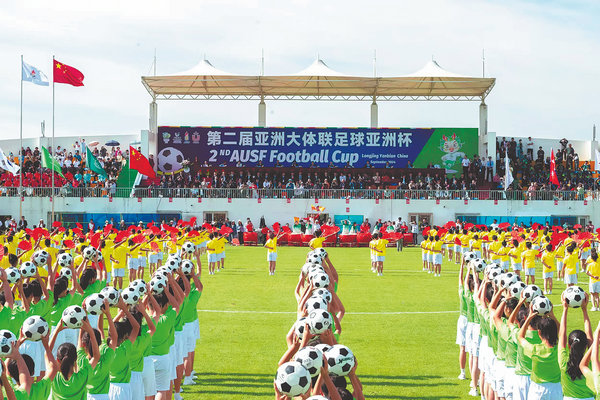
CHANGCHUN — Traveling thousands of kilometers from her tropical homeland to northeastern China to participate in a soccer event, Phonphirun Philawan finds herself fully immersed in a unique and exciting experience.
The 25-year-old player from Thailand represented the team, College of Asian Scholars, at the 2nd Asian University Sports Federation Football Cup in Longjing city, Yanbian Korean autonomous prefecture, Northeast China's Jilin province. The event attracted 12 university teams from eight countries and regions, including China, Saudi Arabia, Nepal and South Korea.
It is her fourth trip to China. The weather in Longjing was "a bit cold", but the delicious local cuisine, well-equipped facilities, and enthusiastic soccer atmosphere have made her feel warm and welcomed, she says.
"Soccer has a history of more than 100 years here. It's incredible," says Philawan, who adds that she took this opportunity to make more friends who play soccer, and immersed herself in the charm of the city.
Yanbian is one of the pioneering regions in China where soccer started to develop. Up till now, it has sent more than 40 players to national teams at all levels and more than 500 players to clubs. In the past 30 years, Yanbian has nurtured several professional teams. Moreover, the local public's passion for the sport is truly remarkable.
In recognition of its pivotal role in shaping the football landscape in China, Yanbian was honored with the title of "hometown of soccer". In 1979, it became one of the first places in the nation to be designated as a "key city" for soccer development.
As stated by Zheng Quan, deputy chief of Yanbian Korean autonomous prefecture, Yanbian has also been known as a pilot area for youth soccer training system.
"On my way from the airport to here, I saw many soccer fields and many young people were playing soccer. I also noticed a spectacular park with soccer elements. I didn't expect so many spectators would come here and watch soccer matches," says Tamem Mohamed from the University of Doha for Science and Technology in Qatar.


